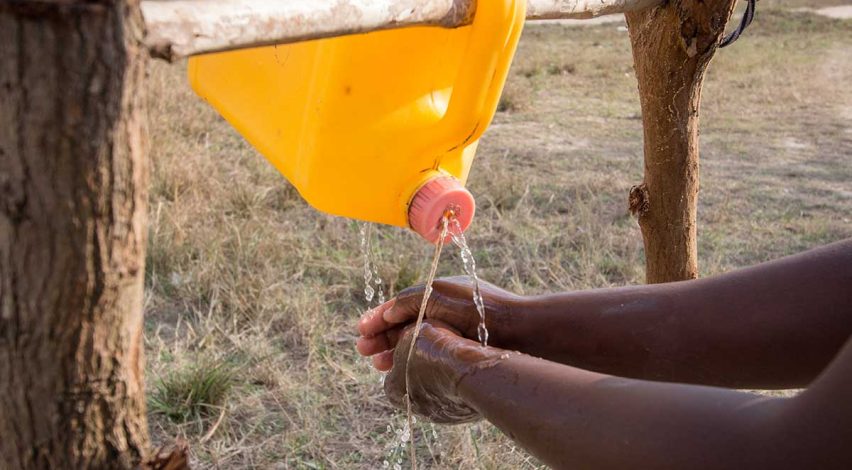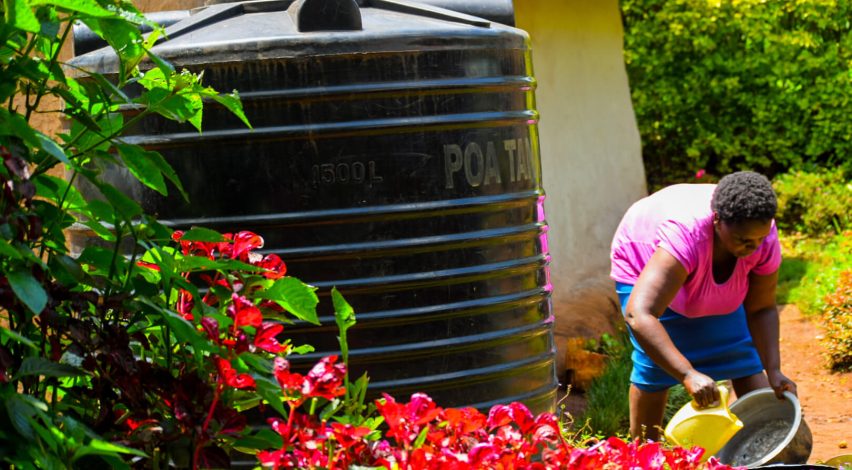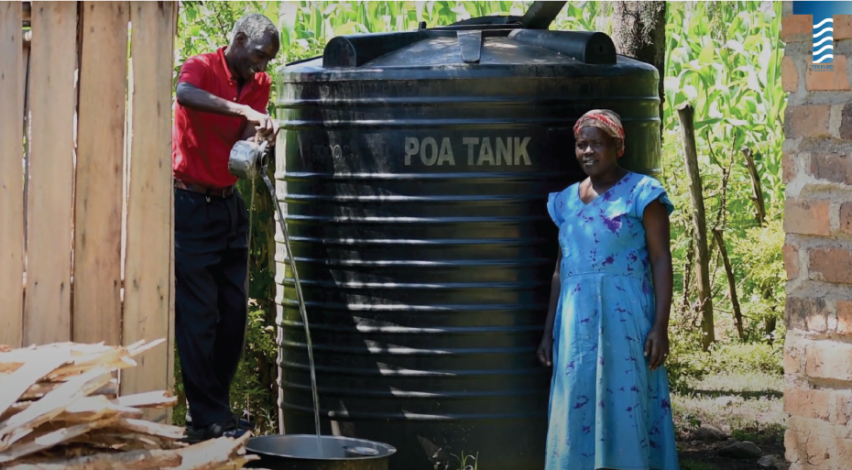Water scarcity is a pressing issue that affects millions worldwide, and Kenya is no
exception. Both rural and urban populations grapple with the consequences of
water scarcity, exacerbating challenges related to health, education, and
economic stability. The impact of climate change has further intensified this issue,
altering traditional weather patterns and making reliable access to clean water
even more elusive for communities across the country.
In Kenya, particularly in regions like the Rift Valley region, the traditional wet and
dry seasons have been disrupted by climate change. The length, intensity, and
timing of rainfall have become increasingly unpredictable, posing significant
challenges for agricultural activities and water resource management. With more
than 70% of the population engaged in farming, the implications of erratic
weather patterns are profound, affecting not only food security but also water
availability.
During the dry season, communities in both rural and urban areas face acute
water shortages. Schools and households reliant on rainwater collection systems
find themselves struggling as concrete tanks dry up, leaving them with no choice
but to travel long distances to fetch water from alternative sources. This not only
consumes valuable time but also exposes individuals, particularly women and
children, to safety risks as they navigate to distant water points.
Conversely, the rainy season brings its own set of challenges. While the arrival of
rain may alleviate immediate water shortages, it often leads to water
contamination as runoff washes pollutants into unprotected water sources. This
contamination poses serious health risks, contributing to the spread of
waterborne diseases and further burdening already vulnerable communities.
Amidst these challenges, Tekelbei Foundation plays a crucial role in providing
relief to needy communities through initiatives aimed at enhancing access to
clean and safe drinking water, such as the setting of rainwater collection systems
and installation of borehole wells.
In Bomet County, Tekelbei Foundation’s efforts have transformed the lives of
thousands of individuals by providing reliable water sources to needy rural
communities. By ensuring access to clean water, the foundation not only
addresses immediate needs but also promotes long-term health, education, and
economic development. Through collaborative efforts and strategic interventions,
Tekelbei Foundation offers hope for a future where water scarcity is no longer a
barrier to thriving communities.






 Tekelbei Foundation is a non-profit that’s duly registered in Kenya and whose aim is ensuring everyone has access to water by 2030. Our mission is to promote socio-economic prosperity for marginalized and vulnerable members of the community by providing access to safe, clean drinking water.
Tekelbei Foundation is a non-profit that’s duly registered in Kenya and whose aim is ensuring everyone has access to water by 2030. Our mission is to promote socio-economic prosperity for marginalized and vulnerable members of the community by providing access to safe, clean drinking water.